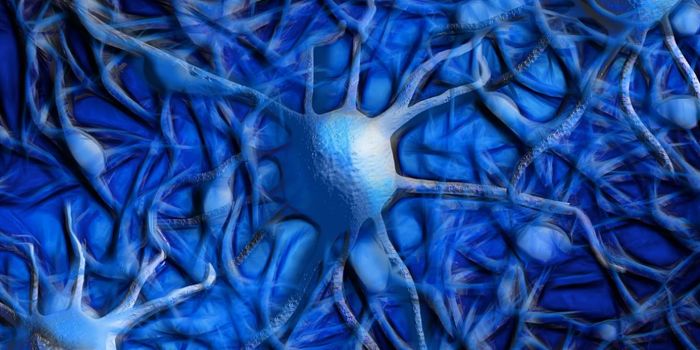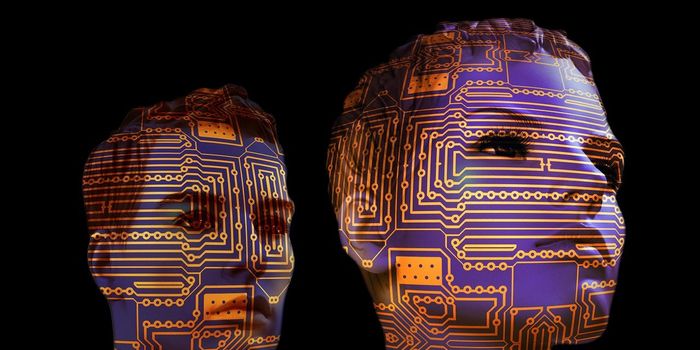Reasoning Exercises Boost Children's Math Skills, say Researchers
Researchers from the Karolinska Institutet in Sweden have found that children who practice visual working memory and reasoning tasks improve their math skills more than children who focus on spatial rotation exercises.
For the study, the researchers analyzed data from 17,648 children aged between 6 and 8 years old. Over 7 weeks, the children completed cognitive training via an app for either 20 or 33 minutes per day. All of the children were given identical tasks during the first week, after which point they were randomly allocated into five different training plans.
All groups spent around half of their time on mathematical number line tasks, in which they had to identify the correct position of a number on a line labeled with a start and finish. The remaining time was randomly allocated among different kinds of training including spatial manipulation (mental rotation), maintenance of information (from visuospatial working memory tasks) and nonverbal reasoning.
During a visuospatial working memory task, a child may have been asked to reproduce a sequence of dots on a grid by touching the screen. Rotation tasks asked children to rotate a 2D object to fit various angles. Meanwhile non-verbal reasoning tasks asked children to complete sequences of spatial patterns.
The children’s math performance was assessed on three occasions throughout the study periods: after week 1, 5 and 7.
The researchers found that all groups experienced improvements in their mathematical ability. Overall, reasoning saw the largest improvement, followed by working memory tasks. They also found that both reasoning and memory training significantly outperformed rotation training when looking at mathematical improvement. The benefits of cognitive training however could differ threefold between the children, likely from individual characteristics between them.
"While it is likely that for any given test, training on that particular skill is the most time-effective way to improve test results, our study offers a proof of principle that spatial cognitive training transfers to academic abilities," says Torkel Klingberg, one of the authors of the study.
"Given the wide range of areas associated with spatial cognition, it is possible that training transfers to multiple areas and we believe this should be included in any calculation by teachers and policymakers of how time-efficient spatial training is relative to training for a particular test."
While interesting findings, the researchers note some limitations in their study. For example, they lacked a passive control group that would allow them to calculate absolute effect size. They also did not include a group of students who received math training alone.
Sources: EurekAlert, Nature Human Behavior









